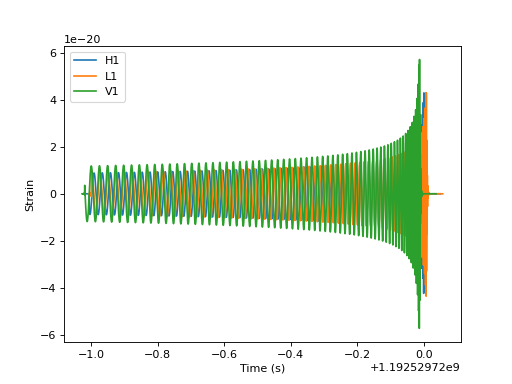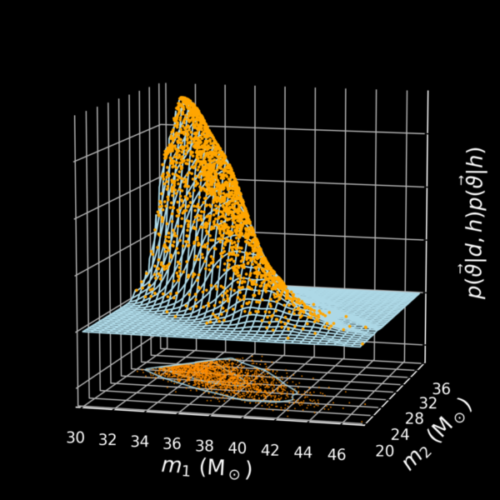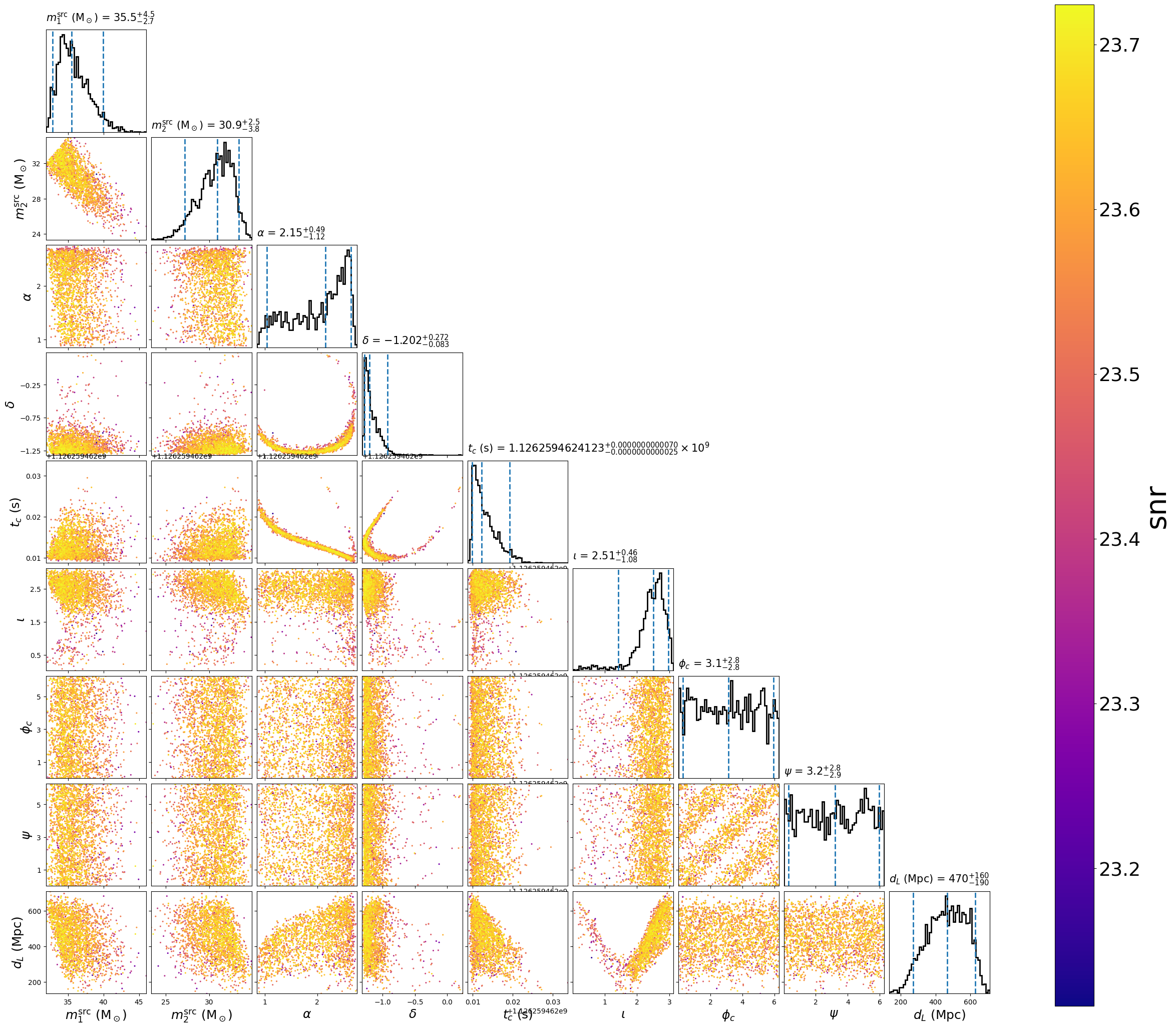PyCBC: Powering Gravitational-wave Astronomy
PyCBC is the result of a community effort to build a set of core libraries and application suites used to study gravitational-wave data and astrophysics. It contains algorithms that can detect coalescing compact binaries and measure the astrophysical parameters of detected sources. PyCBC was used in the first direct detection of gravitational waves (GW150914) by LIGO and is used in the ongoing analysis of LIGO and Virgo data.
If you are interesting in building community tools for gravitational-wave astronomy, please consider contributing, whether it is providing feedback, examples, documentation or helping to improve the core library and application suite.
The core library provides the tools to do GW data analysis. See examples of how to use PyCBC core tools to read gravitational-wave data, query detector status, filter data, generate waveforms, estimate PSDs, calculate SNRs, and much more.
Easy-to-use, configurable, and robust Parameter Estimation for Gravitational-wave Astronomy and Multi-messenger analysis.
The deep analysis used to detect gravitational-wave sources in archival data.
Targeted analysis to detect gravitational-wave sources in association with gamma-ray bursts and other transient sources.
Documentation for a select sample of the pycbc software suite. These include for generating template banks, hardware injections, etc.
Getting Started
Use the PyCBC Library within your Browser
Installation
You may also install PyCBC directly with pip or conda.
pip install pycbc
Detailed instructions are found here.
Note, if you are a LIGO / Virgo member with access to IGWN resources, PyCBC is already installed on your cluster through CVMFS! Instructions to source any release of PyCBC is available from the releases page.



